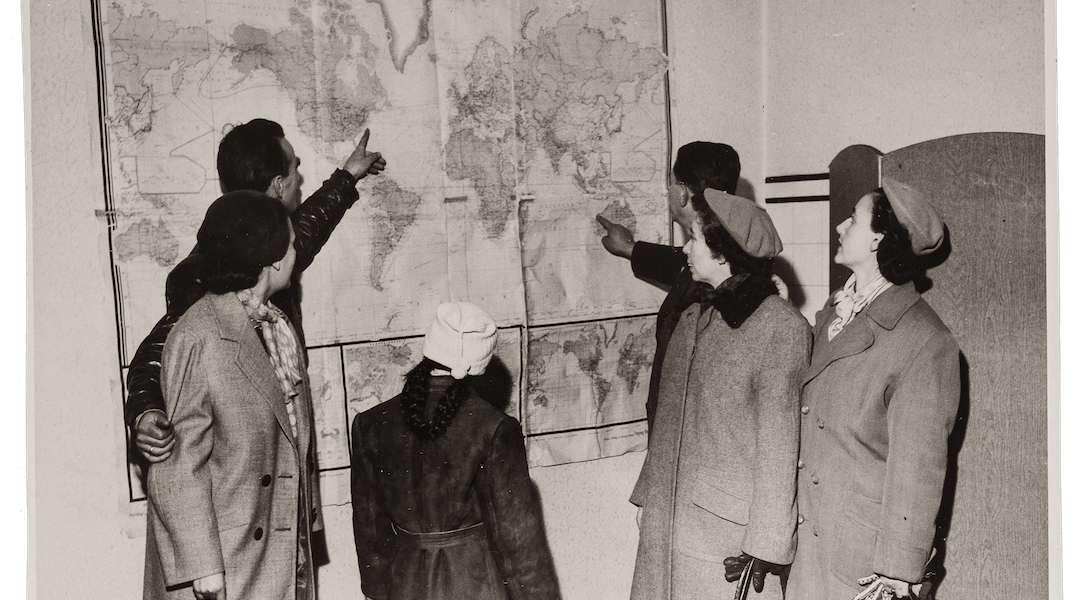Researchers discover ruins of 16th-century Jewish community in Morocco as king orders restoration of sites

Graphic by Angelie Zaslavsky
(JTA) — Researchers from Israel, Morocco and France have discovered remnants of a small Jewish community in the mountains of Morocco, Haaretz reported Monday.
The ruins of the community’s synagogue in the small village of Tamanart – located on the outskirts of the Sahara desert – were found while conducting a preliminary survey of Jewish sites in the area and after talking to locals who remembered their Jewish neighbors who left the area 70 years ago.
The researchers say Jews lived here from the 16th century until the early 19th century. They recovered scriptures, documents, and Kabbalist amulets from the synagogue’s genizah, or hiding place for worn texts that are no longer usable.
Orit Ouaknine-Yekutieli, a researcher of modern Morocco at Ben-Gurion University of the Negev, told Haaretz that the site’s synagogue had been damaged by looters as well as by natural events like floods, but the researchers were able to salvage texts and transfer them to a secure location for further analysis.
The discovery comes weeks after King Mohammed VI of Morocco ordered the restoration of hundreds of Jewish sites across the kingdom, and a year after Israel and Morocco agreed to formal diplomatic relations. The restoration plan includes the site at Tamanart, as well as cemeteries and hundreds of synagogues.
Jews are believed to have first established communities in Morocco more than 2,000 years ago. In the mid-20th century, the Jewish population reached a peak of 250,000. It is estimated that only 2,000 Jews remain today.
—
The post Researchers discover ruins of 16th-century Jewish community in Morocco as king orders restoration of sites appeared first on Jewish Telegraphic Agency.















